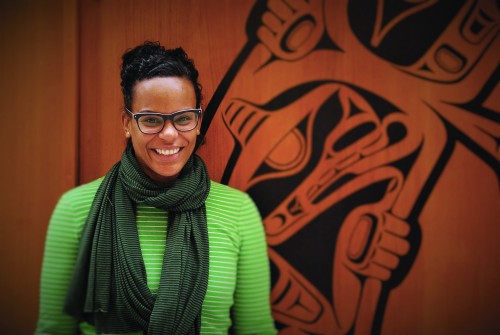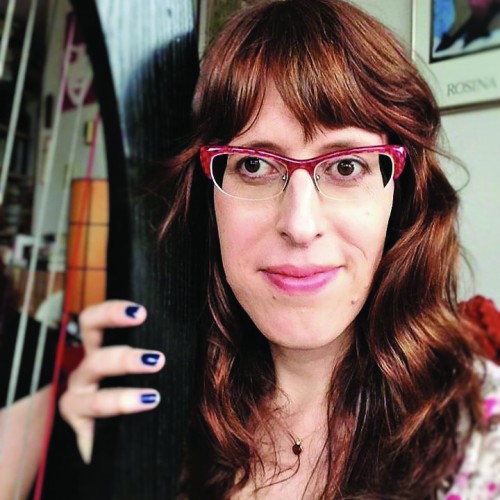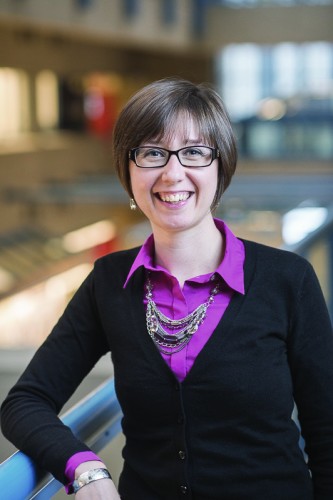Dr. Mclean and Passions
Dr. McLean is a senior lecturer and the developer of the International Nutrition Major in the Faculty of Food and Nutritional Health. She works with various international organizations, such as UNICEF and WHO, in seven countries in Africa and three in Asia. “At UBC my teaching focus is on global problems in nutrition and food security; analysis of the political, social and cultural complexities of food habits and malnutrition in various cultures around the world as well as the relationships between diet and disease in both the developed and developing world. I have also prepared nutrition curricula for Cambodia and Mongolia, and presented an introductory nutrition course in Rwanda with regionally specific content looking at food availability, related nutritional deficiencies, as well as the cultural and socioeconomic factors that impact on food security in each region. Most recently, I developed a new major, International Nutrition at UBC, which is the first of its kind in North America,” she says.
Her work takes a lifespan approach to ensure that during the “first 1000 days” (conception to two years of age) women are adequately nourished. The effects of malnutrition in the mother also extend to the children. Women who are undernourished starting from the womb see it affecting their cognitive and physical abilities, which may in turn project to potentially larger consequences on aspects of education, marrying early, and giving multiple births. She and her teams try to tackle issues from various angles, ensuring women during pregnancy are well nourished and children are also adequately nourished to enable them to reach their full potential in life.
Dr. Mclean and Changes
In the American Medical Journal, there was an article comparing female and male doctors and how female doctors work four hours more on average per day, due to household tasks and domestic work. We can celebrate that there are just as many doctors from each gender, but sometimes she feels that women are now too occupied. Perhaps a little balance is required back in our lives. And though a large focus has been on increasing educational opportunities for women, Dr. Mclean says there needs to be support for increasing access to land and jobs as well.
Dr. Mclean and Women
In 2006, there was a student, Amy Osborne, who went on to work abroad as a midwife with Médecins Sans Frontières/Doctors without Borders after taking Dr. McLean’s International Nutrition course. After witnessing an obstructed labor caused by early life nutrition and stunted growth, she wrote a poem about the horrid experiences and health consequences of the young girl in the conflict area. Motivated to gain the skills to perform the surgery that is necessary in such a case, she went on to enroll in a medical school to become a doctor. Recently, she has been back to the same conflict area to do just what she set out to do.
The women Dr. McLean sees while she is in the field, the women who work sixteen hour days in the rice fields or digging cassava roots, are also women of inspiration. She says that they lack opportunities to access education, health, and early life nutrition. Though they definitely need those doors opened, she also sees what women have in their lives that may be missing in our society today. She sees their connectedness to family, to the community, and to other women. Dr.McLean believes there are many valuable things to learn from women in other parts of the world.




